Russian Defense Ministry spokesman Igor Konashenkov announced on the afternoon of July 6 that in the previous 24 hours, Russian forces had carried out a precision strike on deployment sites of Ukrainian troops and foreign mercenaries, as well as Western armored vehicle storage facilities.
Konashenkov confirmed that all designated targets had been destroyed and the enemy's strategic reserves had suffered significant losses, according to TASS news agency.
Konashenkov also stated that Russian forces repelled 10 Ukrainian attacks in the eastern provinces of Donetsk and Luhansk, shot down two Su-25 fighter jets, intercepted four Storm Shadow missiles and four rockets from the High Mobility Artillery Rocket System (HIMARS).
According to Konashenkov, Russian forces shot down 15 Ukrainian drones, attacked 85 artillery pieces at firing positions, and assaulted personnel and equipment in 119 areas. As of the evening of July 6, there was no information on Ukraine's response.
Is Russia assembling units to counter a Ukrainian counterattack?
The British Ministry of Defence stated on July 6th that the Russian military had assembled units from key areas across Russia to counter a Ukrainian counterattack, according to The Kyiv Independent .
The British Ministry of Defence indicated that Russian defenses around the eastern Ukrainian city of Bakhmut mainly consist of elite airborne regiments typically stationed in western Russia as a rapid response force in case of tensions with NATO.
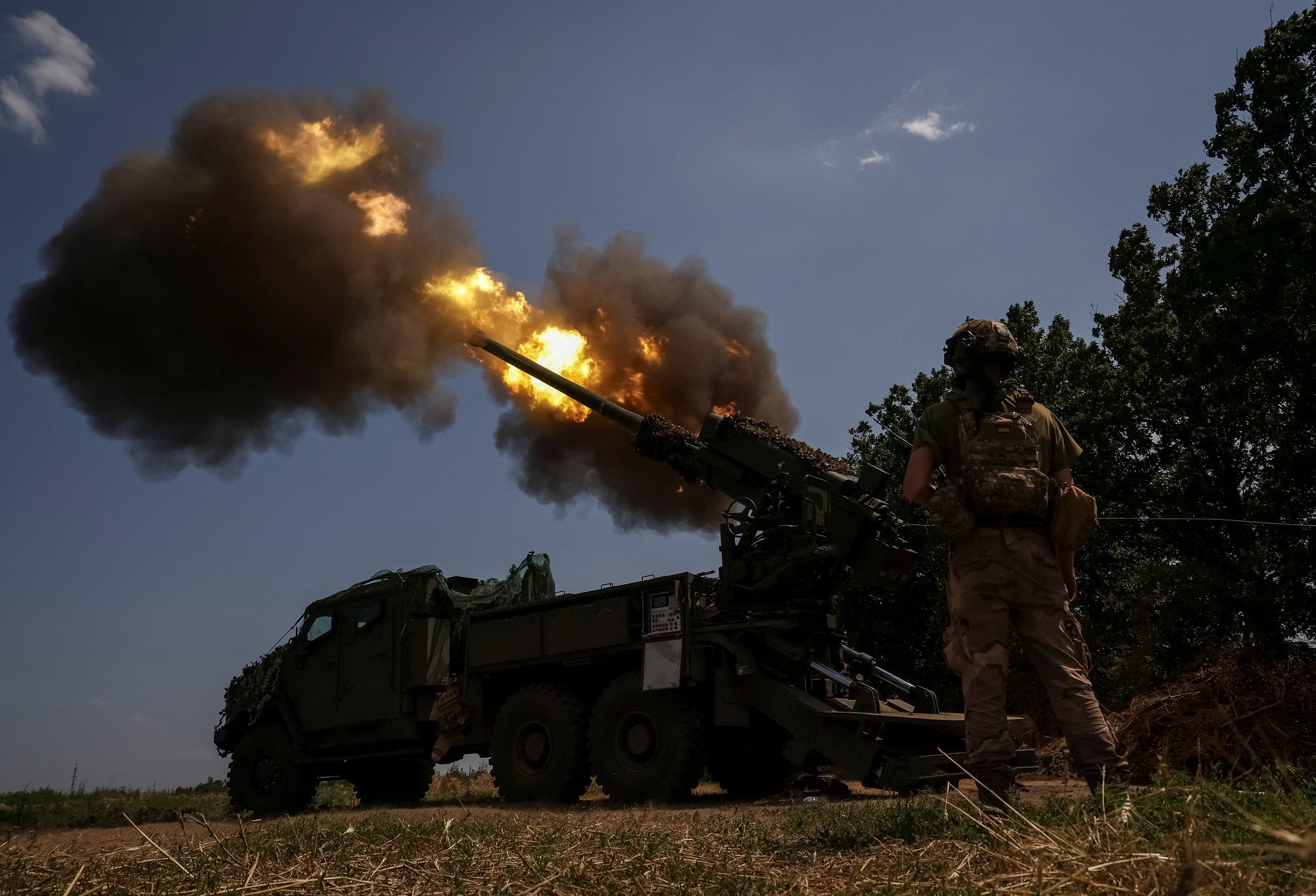
Ukrainian soldiers fire 2S22 Bohdana self-propelled artillery at Russian troops at a position near the city of Bakhmut in Donetsk province on July 5.
The British Ministry of Defence also noted that the 58th Combined Joint Force, instead of being tasked with defending the Caucasus region, is currently defending positions in the Zaporizhzhia province of southern Ukraine.
According to the UK Ministry of Defence, the 5th Joint Force and Russian Marines, who are stationed around the Velyka Novosilka area in Donetsk province in eastern Ukraine, are usually positioned 7,000 km away near the Chinese border to counterbalance Beijing's military power in the region.
Earlier in February, British Defence Minister Ben Wallace told the BBC that 97% of all Russian troops were deployed in Ukraine. By July 5th, the Chief of Staff of the British Armed Forces, Admiral Tony Radakin, stated that Russia had lost half of its combat capability in the military operation in Ukraine.
As of the evening of July 6th, there was no information regarding Russia's reaction to the British assessment.
See also : British soldiers urged to prepare for combat against Russia
Ukraine "has carried out 70 drone attacks in Crimea."
Russian Security Council Secretary Nikolay Patrushev said on July 6 that Ukraine has carried out more than 70 drone attacks on the Crimean Peninsula since the beginning of the year, according to TASS.
"Since the beginning of this year, the Ukrainian armed forces have carried out more than 70 drone attacks in Crimea alone. The territories of Krasnodar and Rostov provinces have also been attacked and shelled by the Ukrainian armed forces," Patrushev asserted.
As of the evening of July 6th, there was no information on Ukraine's reaction to Patrushev's accusation. Russia annexed the Crimean Peninsula from Ukraine in 2014.
See also : Ukraine 'has the military capability to retake Crimea', how will President Putin respond?
Has Ukraine surpassed Russia in tank production?
Bloomberg reported on July 6th that Ukraine may have surpassed Russia in the number of tanks while closing the gap in artillery and multiple rocket launcher systems.
Bloomberg, citing data from the open-source research group Oryx, the UK's Institute for Strategic International Studies, and Germany's Kiel Institute, reported that the shift in the arms balance stems from Russian losses and arms supplies from Kyiv's partners.
Although Bloomberg emphasizes that these figures are estimates based on available data, Russia's tank fleet may have been halved, while Ukraine received 471 new tanks from its allies, with another 286 on the way.
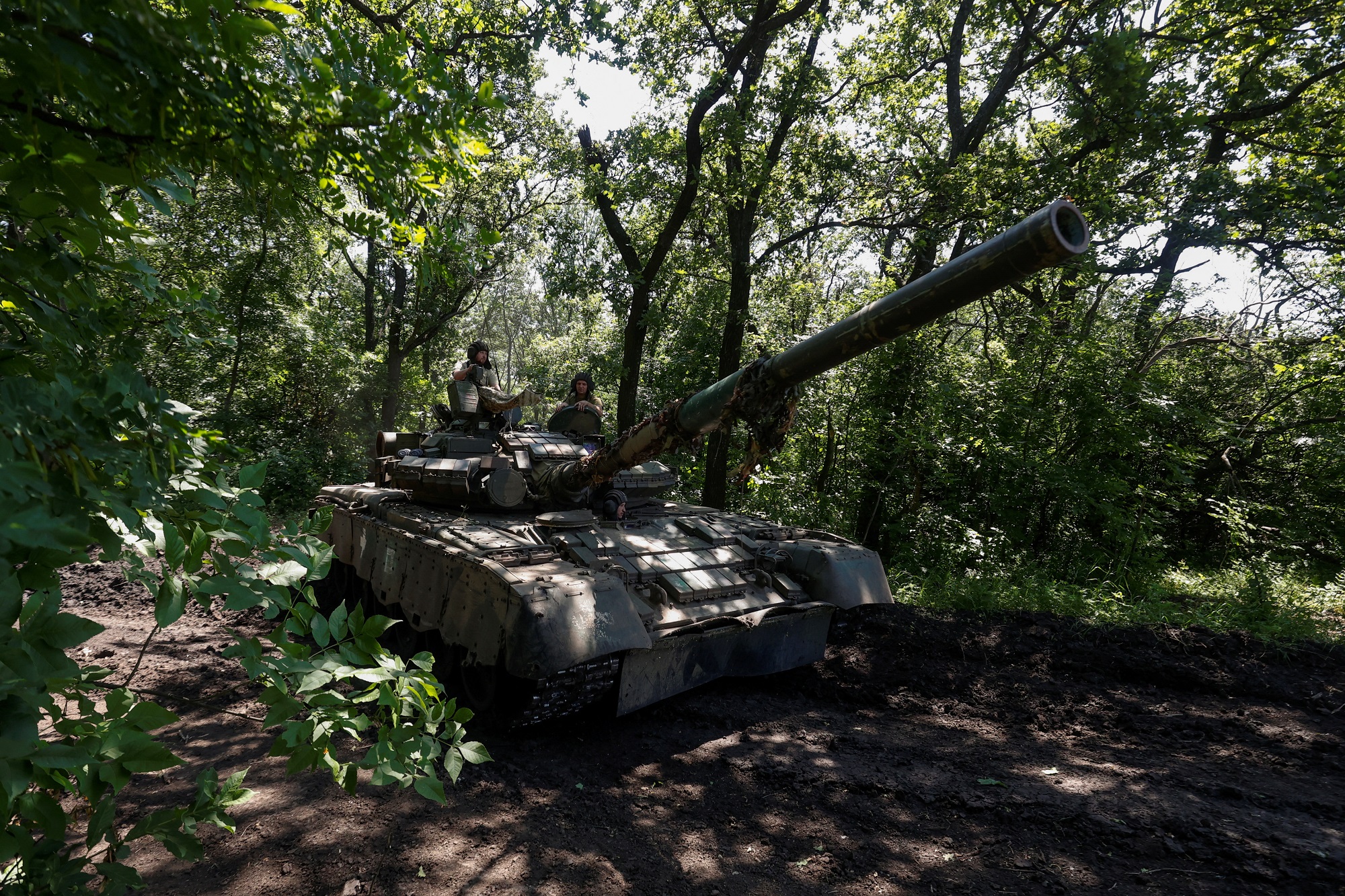
Ukrainian soldiers sit on a T-80 tank they captured earlier from the Russian army, at a location near the city of Bakhmut on June 19.
However, Bloomberg notes that Ukraine's losses are far less well-documented and there are no reliable figures on new Russian tanks being produced or removed from storage.
According to Bloomberg figures, Russia had 3,400 tanks before the conflict, but that number has since decreased to 1,400. Meanwhile, Ukraine had 987 tanks before the conflict, and that number has since increased to 1,500.
Russia and Ukraine currently possess 1,900 and 1,100 152/155mm artillery pieces, and 841 and 427 multiple rocket launcher systems (MLRS) respectively, according to Bloomberg. This suggests that the Russian military has lost approximately 2,000 tanks, 400 artillery pieces, and 260 MLRS since launching its military operation in Ukraine on February 24, 2022, according to The Kyiv Independent .
The above estimates are relatively conservative compared to figures from the General Staff of the Ukrainian Armed Forces. The Kyiv Independent, citing the latest report from the Ukrainian military, claims that Russia has lost 4,068 tanks, 4,310 artillery systems, and 657 MLRS since the conflict began.
Meanwhile, the Russian Ministry of Defense announced on July 6 that a total of 10,547 tanks and other armored combat vehicles, 1,135 combat vehicles equipped with MLRS, and 5,356 field guns and mortars belonging to Ukraine have been destroyed since Moscow launched its military operation in Ukraine.
See also : The truth about the Russian army's defeat in the major tank battle in Ukraine
Former US official secretly held talks with Russia about Ukraine?
NBC News reported on July 6, citing multiple sources, that a group of former high-ranking US national security officials held secret talks with prominent Russians believed to be close to the Kremlin. In at least one instance, they spoke with Foreign Minister Sergei Lavrov with the aim of laying the groundwork for potential negotiations to end the conflict in Ukraine.
The meeting's agenda included some of the most contentious issues in the Ukrainian conflict, such as the fate of Russian-held territories that Ukraine may never regain, and finding a diplomatic way out acceptable to both sides.
Wagner, the "boss," is in Russia.
Belarusian President Alexander Lukashenko, who last month brokered a deal to end the Wagner armed rebellion, said mercenary leader Yevgeny Prigozhin had returned to Russia. "As for Prigozhin, he is in St. Petersburg. He is not on Belarusian territory," Lukashenko told CNN at a press conference on July 6.
"Where is Prigozhin this morning? Perhaps he's in Moscow." On June 27, Lukashenko confirmed that Prigozhin was in Belarus after agreeing to end the rebellion against Russian military leaders.
See also : Wagner Group leader issues strong statement after being accused of rebellion by Russia.
Source link







![[Photo] Prime Minister Pham Minh Chinh attends the Conference summarizing and implementing tasks of the judicial sector.](/_next/image?url=https%3A%2F%2Fvphoto.vietnam.vn%2Fthumb%2F1200x675%2Fvietnam%2Fresource%2FIMAGE%2F2025%2F12%2F13%2F1765616082148_dsc-5565-jpg.webp&w=3840&q=75)
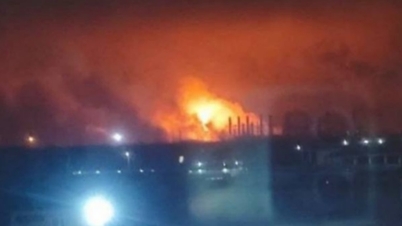

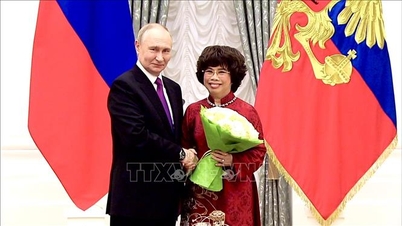








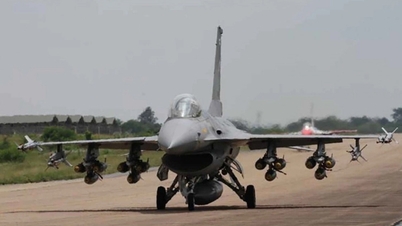
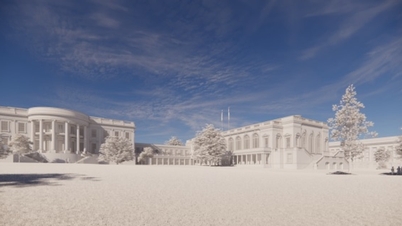


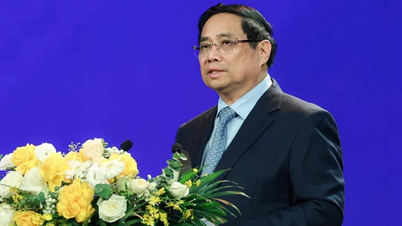






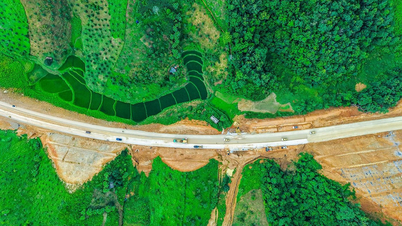

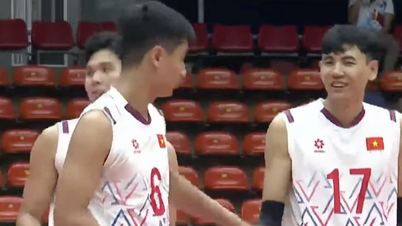
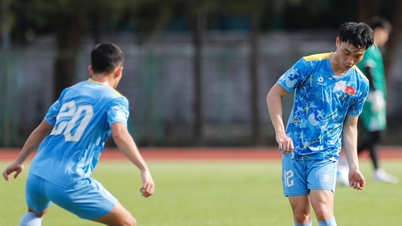
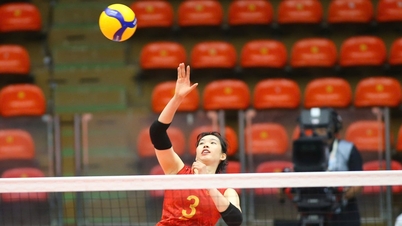






































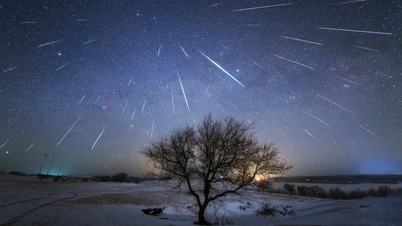
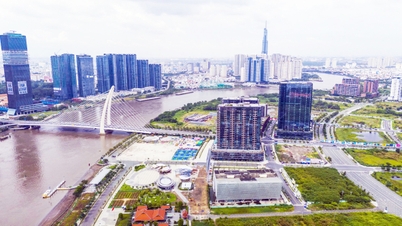

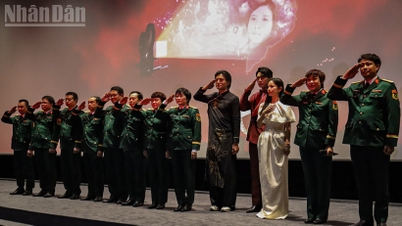





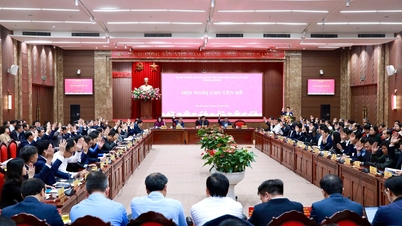

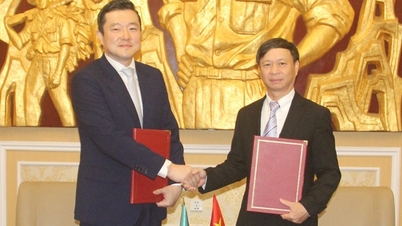

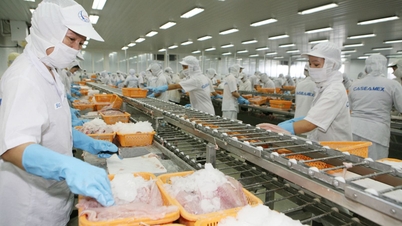
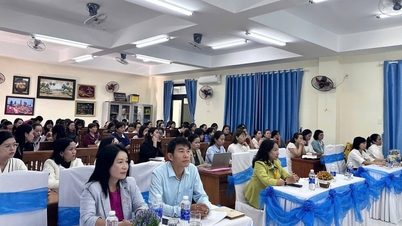

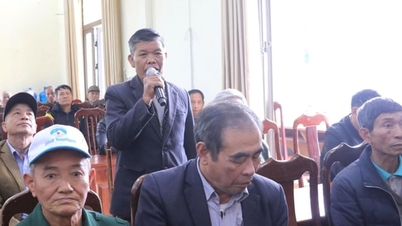



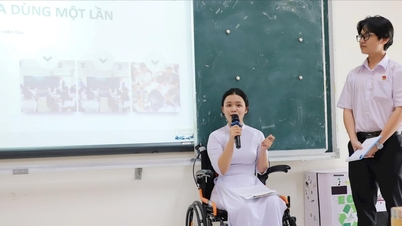
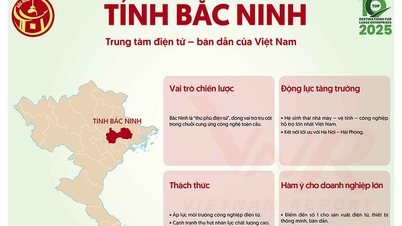















Comment (0)